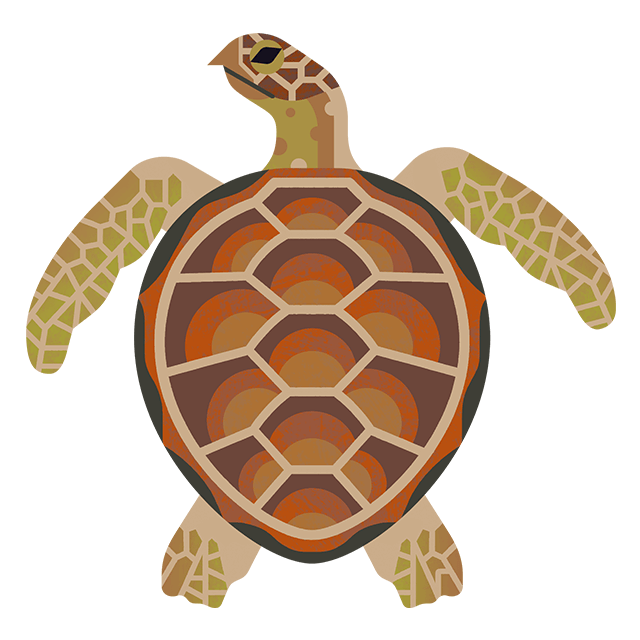
Safeguarding seagrass meadows through the ReMEDIES project
As the five-year EU LIFE ReMEDIES project comes to an end, we look back on the success of the project in securing a future in which our seabed habitats can thrive.
Since 2019, we’ve been proud partners of the LIFE Recreation ReMEDIES project, which set out to address the declining health of the seabed. Co-funded by the EU LIFE programme and led by Natural England, the project developed evidence-based strategies to help protect and expand vulnerable marine habitats to safeguard the health and future of our seabed.
Over five years, we worked alongside Natural England, Plymouth City Council, the Ocean Conservation Trust, the Tamar Estuaries Consultative Forum and the Royal Yachting Association, to protect and restore seagrass meadows – a critically endangered EU red-listed habitat.
Seagrass meadows are vital habitats for many marine species, including the spiny and short snouted seahorses, young fish, sharks and cuttlefish, and are one of the most important natural solutions to the climate crisis. As well as storing carbon, seagrass stabilises the seabed and buffers waves, helping to protect our coasts from erosion.
Following the installation of Advanced Mooring Systems, Powellite (behaviour change evaluation specialists) found the number of boaters reporting using them increased from 5% in 2021 to 22% in 2024.
Engaging with the boating community was a key aspect of the project. It was important for us to understand how they used the water and their concerns about potential management measures so we could work together to introduce solutions that benefitted the marine environment and those using it.
Through events and discussions, we helped local communities understand which fragile and sensitive marine habitats were in their area, and the importance of conserving them. Local communities played a key role in developing Voluntary No Anchor Zones.

Credit: Salcombe Distilling Co.
Having the support of local communities and water users is vital to ensure the long-term success of projects like these, and we were delighted to establish three Voluntary No Anchor Zones alongside them.
Following our work, Powellite reported an increase in boaters who completed a survey reporting, they ‘Never anchored in seagrass from 17% in 2021 to 41% in 2024.'
Thanks to the hard work and dedication of project partners and the support of local communities, we’ve achieved wonderful results through the five-year project. Across the Isles of Scilly, Fal & Helford, Plymouth Sound & Estuaries, Solent Maritime and Essex Estuaries SACs, we’ve:
- Planted eight hectares of subtidal seagrass – the equivalent of 11 football pitches
- Engaged with over 4,800 children through our education programme and outdoor events
- Installed 17 Advanced Mooring Systems for boat users and 24 marker buoys
- Established three Voluntary No Anchor Zones
- Published the Green Guide to Anchoring and Moorings, which provides practical advice for boat users, with over 5,500 distributed
Although the project has now ended, the benefits of the work carried out through ReMEDIES will continue long into the future.




